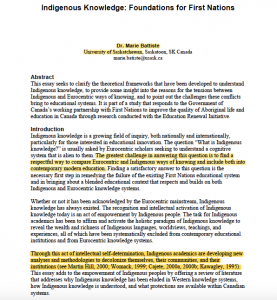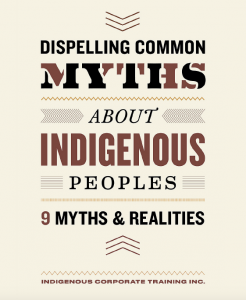This article is entitled “They Won’t Do It the Way I Can”: Haudenosaunee relationality and goodness in Native American postsecondary student support.
What a title!
It caught my attention because 1) I’m focussing – as much as possible – on Haudenosaunee people for my final research paper and 2) Goodness is a value and I’m looking at how values inform Indigenous teaching and learning.
The paper turned out to be interesting in two main ways:
1. It relates 5 Indigenous professionals experiences with providing support to Indigenous students in post-secondary institutions….
Waterman writes, “In an earlier qualitative study with 47 Haudenosaunee college graduates about their educational experiences, I asked the participants to identify any personnel who were instrumental to their degree completion. Five Indigenous participants were identified in that study (names are pseudonyms) and agreed to be interviewed.” She then shares information from these interviews; most interviewees discuss going above and beyond to support students and being undervalued by their universities. One line provides a good nutshell summary: “Behavior that might, on the surface, appear as social programming or as lacking in formal academic advising, through an Indigenous values lens is nation building” (Waterman, 2021).
2. Woven throughout the paper are bits of wisdom about how to conduct Indigenous academic research, and the tension between academia and Indigenous knowledge…
“The significance of this article lies in exposing the foundational role of IKS [INdigenous knowledge systems], goodness, and relationality in the work of these Haudenosaunee administrators. Settler colonial domination strives to make IKS invisible[…]” Waterman (2021) notes that she must balance her role as a researcher with her responsibility to her community: “I am responsible to both the academic community and my community. In other words, I make sure to conduct my academic work in such a way that I remain welcome at home.”
Reference
Waterman, S. J. (2021, October 7). “They Won’t Do It the Way I Can”: Haudenosaunee relationality and goodness in Native American postsecondary student support. Journal of Diversity in Higher Education. http://dx.doi.org/10.1037/dhe0000352



